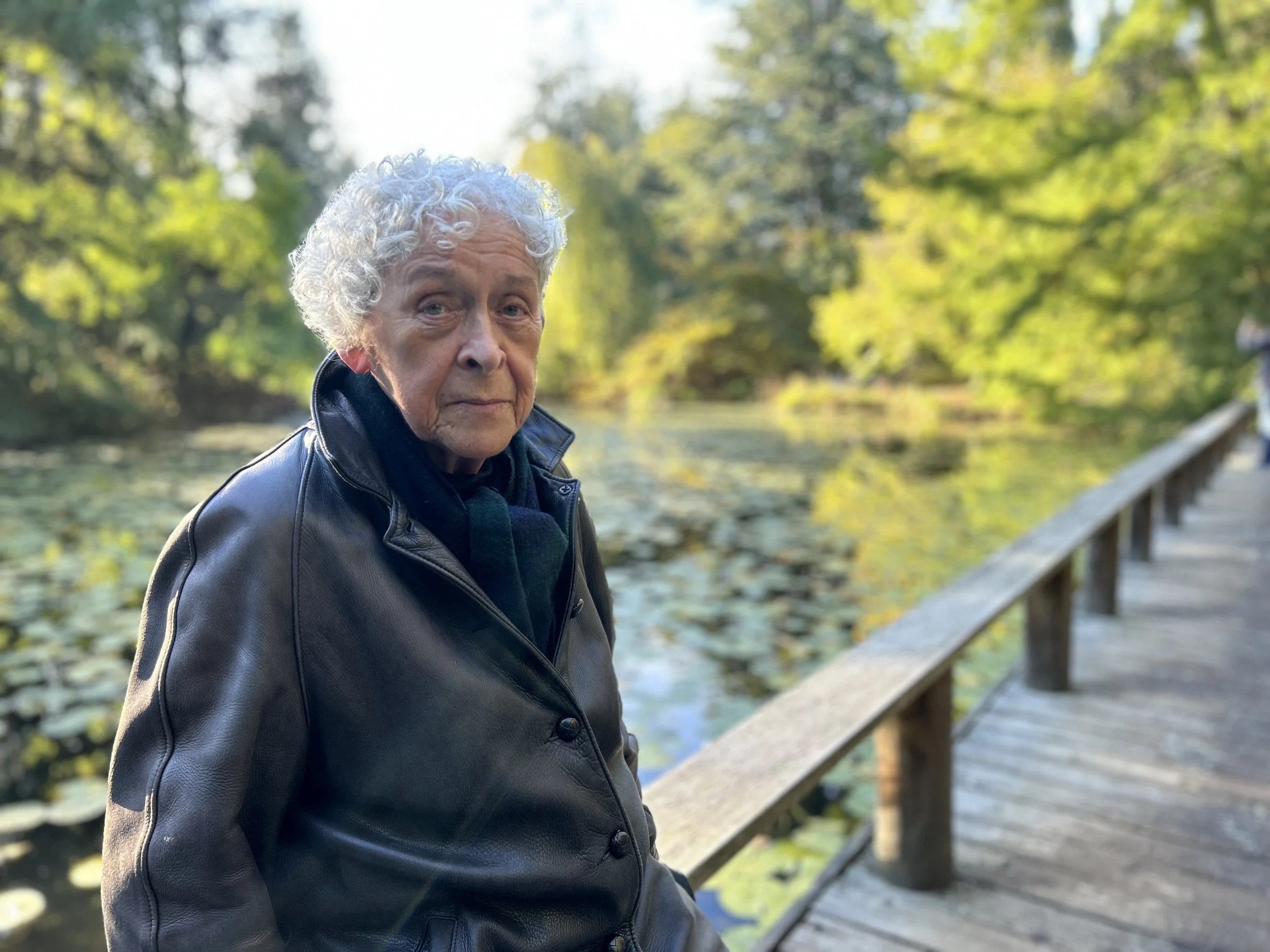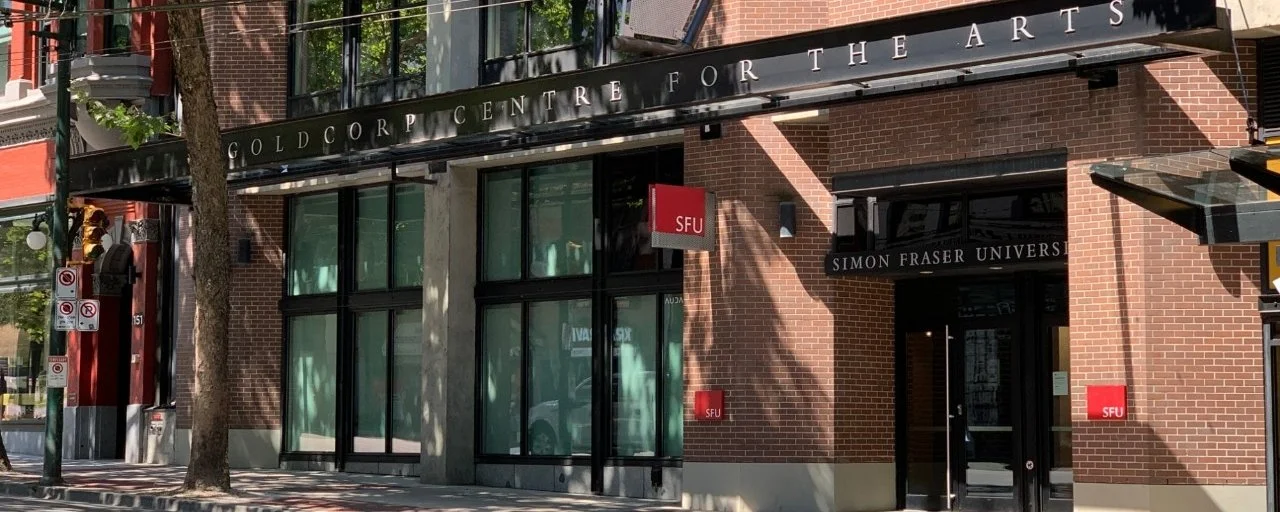Provincial, federal governments direct funds to artists, arts groups in response to COVID-19
Financial assistance comes as the pandemic takes devastating toll on arts and culture
Bard on the Beach executive director Claire Sakaki said that government supports help provide much-needed employment to artists, the backbone of of the arts and culture sector.
HELP IS ON the way for B.C.’s arts organizations struggling to stay afloat amid COVID-19.
The Province of B.C. is providing $21 million for arts and culture through the BC Arts Council: $16 million to expand the Arts and Culture Resilience Supplement and $5 million for the new Pivot Program. The funding comes as part of the Stronger BC for Everyone: B.C.’s Economic Recovery Plan.
“We recognize the extreme challenges that the arts and culture sector is facing right now as we all do our part to contain COVID-19 and stay home,” Melanie Mark, Minister of Tourism, Arts, Culture and Sport, said in a release. “Arts and culture organizations asked for our help and we've responded. This targeted funding reinforces our government’s commitment to help people working in this sector to weather the storm and get ready to welcome audiences once again when it’s safe to do so.”
Melanie Mark, Minister of Tourism, Arts, Culture and Sport.
BC Arts Council clients will be able to use the funds to pay for operating costs such as rent and utilities and also to rehire artists, theatre technicians, production designers, administrators, and others who work in the sector.
Some arts and culture organizations have already begun to receive supplements. The BC Arts Council has extended the application deadline to Jan. 29, 2021.
The new Pivot Program, meanwhile, is just that: it helps arts and cultural organizations adapt to new realities stemming from the pandemic, whether that’s modifying their business model or investing in equipment for livestreaming events. Applications are open until Jan. 4, 2021.
Susan Jackson, chair of the BC Arts Council, stated that the B.C. government’s investment recognizes the value of arts and culture in creating and maintaining healthy and resilient communities.
“We know many organizations and artists will need to adapt and transform their working practices and the BC Arts Council is committed to supporting them as they work through this challenging time,” Jackson said in the release. “This funding will be key to the recovery of B.C.’s arts and culture sector.”
Bard on the Beach executive director Claire Sakaki noted that the arts are facing an uncertain future. “We really appreciate the Province listening to us in these challenging times,” Sakaki said. “These programs, together with the government’s broader supports, will help us sustain vital arts programming that serves our community and provide much-needed employment to our artists – the backbone of our sector.”
Nika Collison, executive director and curator of Haida Gwaii Museum, noted that the support of the provincial government is crucial as arts groups navigate and adapt to the current challenges.
“Haawa – thank you to the Province for recognizing the critical contributions art and culture make to the health of our society,” Collison said. “These emergency funds have been essential in keeping our museum’s doors open, maintaining employment and supporting artists….By working together, we will stay strong.”
In its Fall Economic Statement released earlier this week, the federal government also threw its support behind helping artists and arts groups survive the COVID-19 crisis.
It proposes an investment of $181.5 million in 2021-22 to the Department of Canadian Heritage and the Canada Council for the Arts to support the planning and presentation of COVID-19-safe events and the arts — including both live and digital — and to provide work opportunities in these sectors. This includes a one-year renewal of funding provided in Budget 2019 for the Building Communities Through Arts and Heritage program, the Canada Arts Presentation Fund, and the Canada Music Fund.
“Cultural and recreation industries, which employ hundreds of thousands of Canadians, have been particularly hard hit by the pandemic, being among the first to shut down and likely among the last to return to regular activities," the report said. "The government understands that certain major live events and festivals will require unique support. The government will work with industry to prevent the closure of unique and irreplaceable flagship events and festivals across Canada, and to ensure the survival of key, globally-recognized assets in this sector."
"We are incredibly encouraged and thankful to see that our voices and concerns have been heard. Workers in the Live Events and Arts Sectors were specifically highlighted as being among the hardest hit by the pandemic with major proposed investments rolling out soon," Arts BC posted upon hearing the news.














